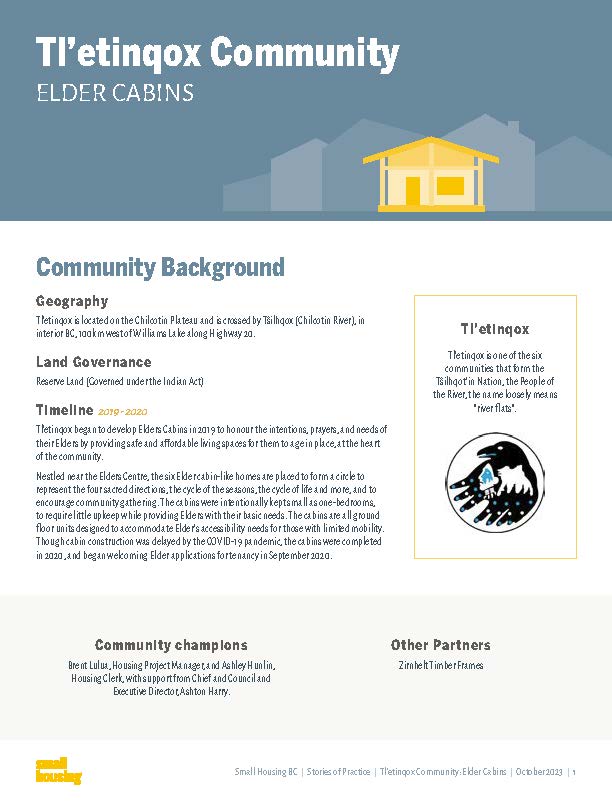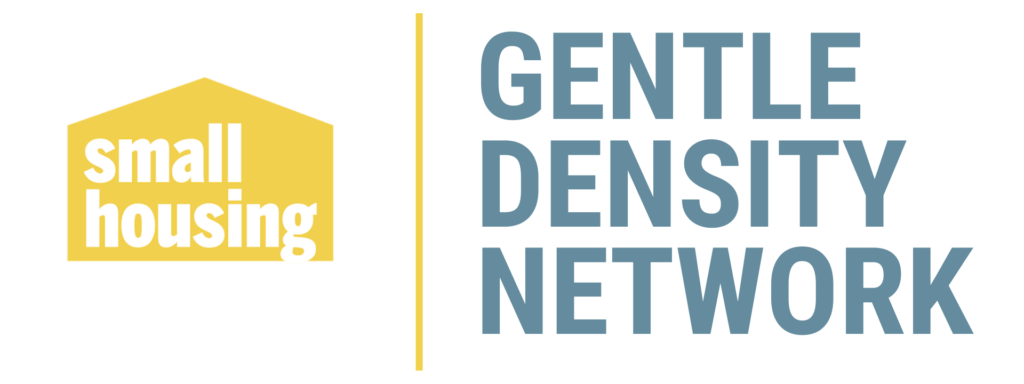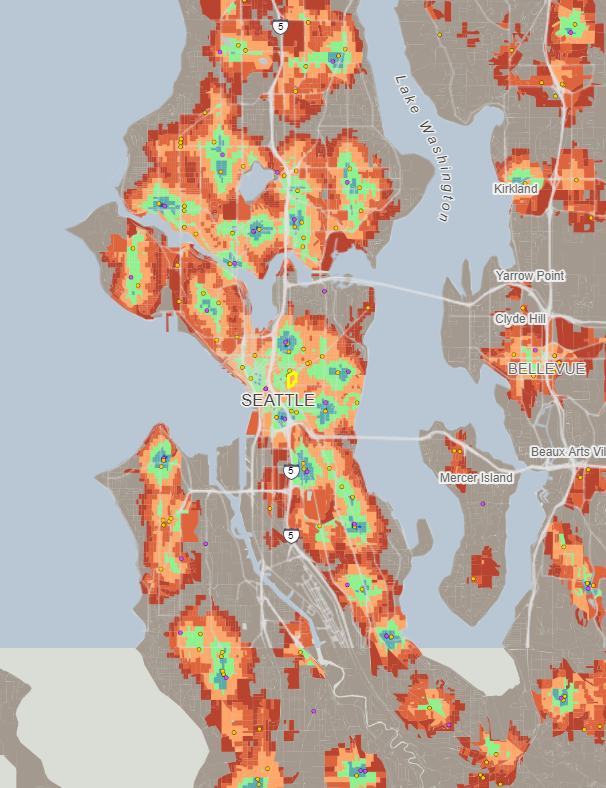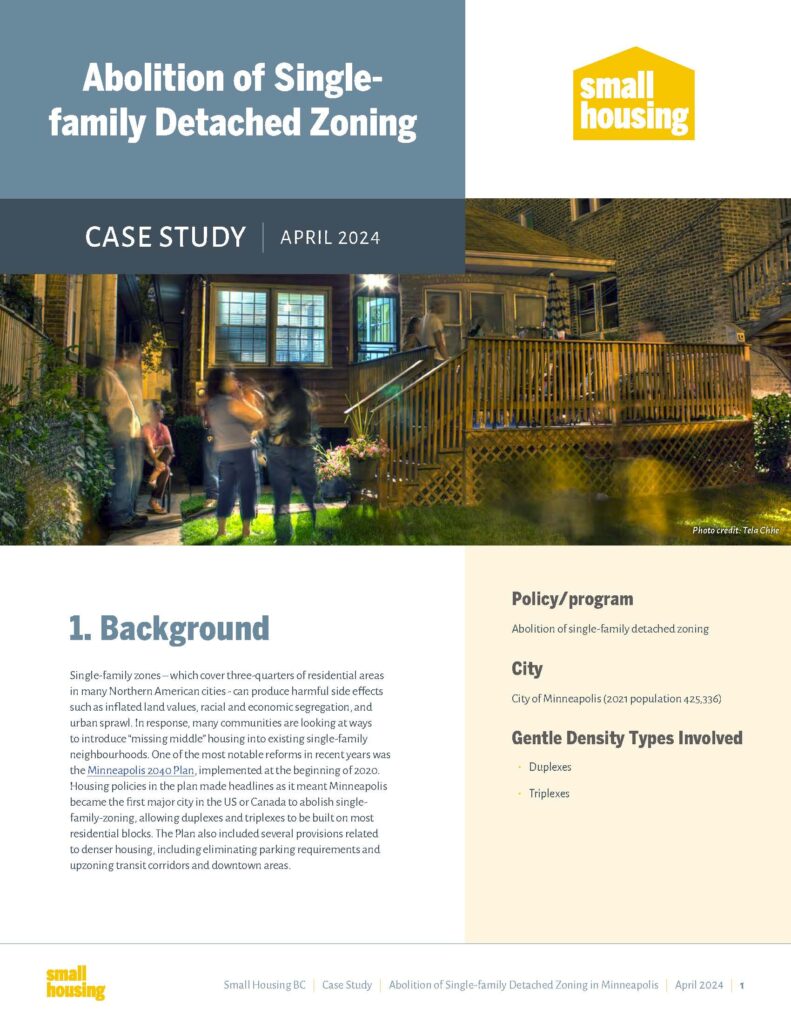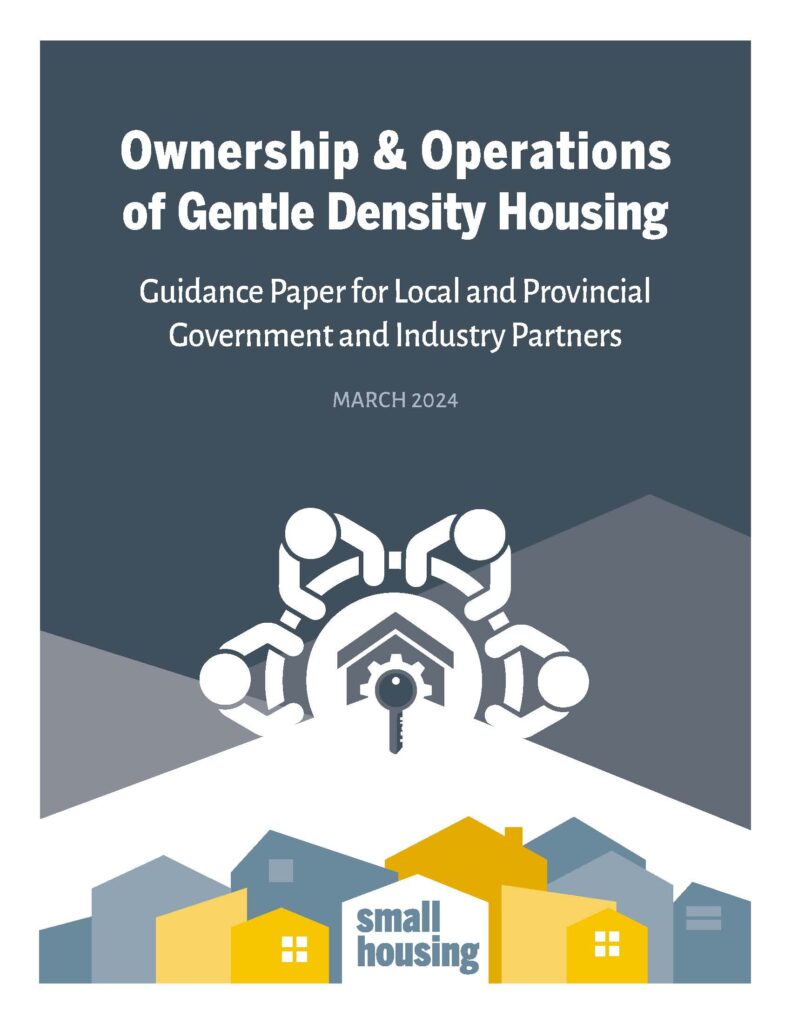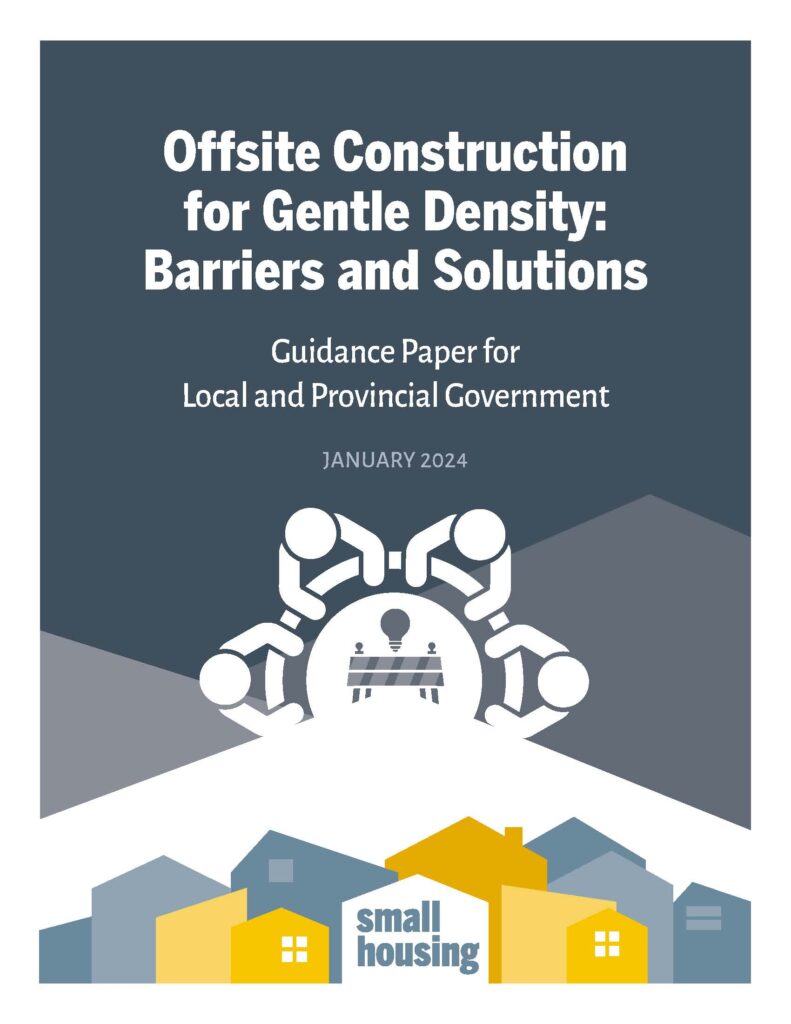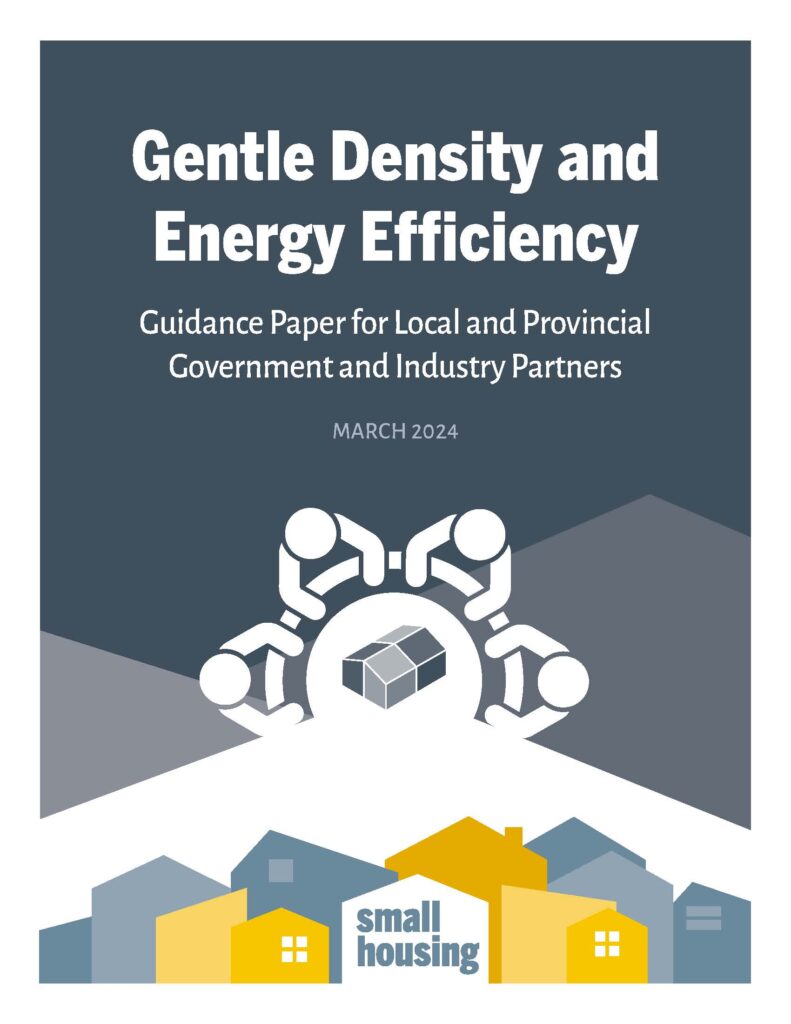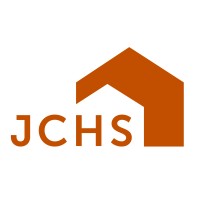
The City of Mississauga is offering free pre-approved plans for one-bedroom and studio garden suites.
As Small Housing holds, design flexibility is crucial for the financial viability of gentle density housing projects. It also ensures a variety of housing forms to better meet the diverse needs of our communities.
Offering pre-approved plans is an important step in progressing gentle density ambitions, making it easier for homeowners to build a detached unit on their property. You can explore the full suite of Mississauga’s resources on their dedicated page.
